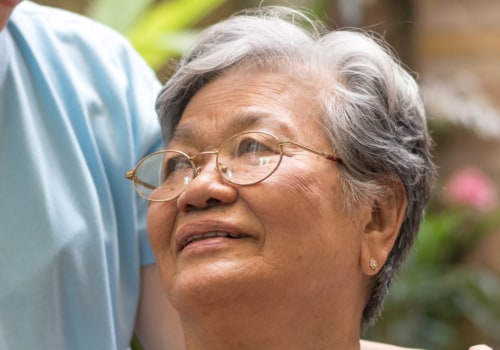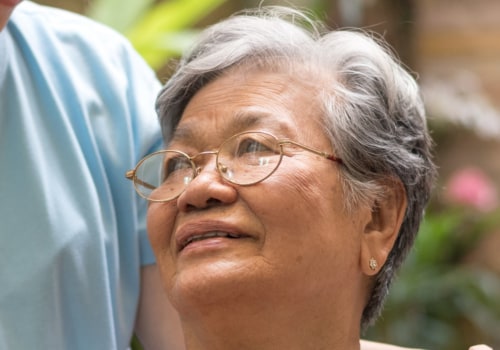Hospice Care Features Warm and homely environment, beautiful and serene setting in the heart of Westchester County, team of expert doctors, nurses, social workers, counselors, trained volunteers in end-of-life care, palliative care available for pain and symptom management, reflexology, music, art and pet therapy. Since people differ in their spiritual needs and religious beliefs, spiritual care is established to meet their specific needs. It may include helping you see what death means to you, helping you say goodbye, or helping you with a certain religious ceremony or ritual. For patients receiving care at home, some hospice services offer respite care to allow friends and family to spend some time away from caregiving.
Temporary care can be provided for periods of up to 5 days, during which the person with cancer is cared for in the palliative care center or in beds reserved in nursing homes or hospitals. Families can plan a mini-vacation, attend special events, or simply rest at home while being cared for in an inpatient setting. Hospice Care Can Happen Wherever Patients Spend Their Final Days. This includes a home, hospital, nursing home, or hospice center.
Hospice team members try to help patients be as pain-free as possible. They also try to help them be at peace with themselves and with their illness. At the same time, the hospice team provides support, education and counseling to family and friends. If the patient is in a nursing home, the team will also offer support to staff and other residents.
Hospice care is for people nearing the end of life. Services are provided by a team of health professionals who maximize the comfort of a terminally ill person by reducing pain and addressing physical, psychological, social and spiritual needs. To help families, hospice care also provides counseling, respite care, and practical support. Many Americans die in facilities such as hospitals or nursing homes that receive care that is not consistent with their wishes.
It is important for older adults to plan ahead and inform their caregivers, doctors, or family members about their end-of-life preferences ahead of time. For example, if an older person wants to die at home, receive end-of-life care for pain and other symptoms, and let health care providers and family know, they are less likely to die in a hospital that receives unwanted treatment. Each patient is assigned a lead nurse, who functions as a case manager. The nurse provides ongoing support and education for the patient and his family, while coordinating pain and symptom management under the direction of the patient's physician.
Many of our nurses are certified in hospice and palliative care. Nurses are available when needed 24 hours a day, seven days a week. Often, the biggest myth around hospice care is that the family has given up and hospice is a final delivery. But hospice is a way for people to prioritize the wishes of the patient and the family.
It is specialized care and support that works to create ease and comfort for the patient and family. Hospice care is similar to palliative care, but there are important differences. Because more than 90 percent of hospice care is paid for through the Medicare hospice benefit, hospice patients must meet Medicare eligibility requirements; palliative care patients do not have to meet the same requirements. In the United States, people enrolled in Medicare can receive palliative care if their healthcare provider thinks they have less than six months to live if the disease runs its usual course.
Social workers provide ongoing psychosocial and emotional support to patients and their families, and work closely with the hospice team. Hospice care is provided at home or in home-like hospice homes, nursing homes, assisted living centers, veterans centers, hospitals, and other facilities. She thought she had lived a long and good life and didn't want to undergo dialysis, so Dolores started receiving palliative care. Grief Coordinators are available to support patients and their families upon entry into the hospice program, and continue to provide support during the 13-month grief program.
For Bleiden and his family, choosing hospice care for their mother was a relaxing and successful experience during a heartbreaking time. Hospice offers four levels of care, as defined by Medicare, to meet the diverse needs of patients and their families. Hospice care is a collaborative effort between the patient, family, hospice team, and physician to deliver a care regime that benefits all. Medicare, Medicaid, the Department of Veterans Affairs, and private insurance often pay for hospice care.
In addition, hospice will also offer the family grief and grief counseling after their loved one has passed away and will help with some of the post-death tasks that need to be completed. AMITA Health provides friendly and caring hospice care in several counties in the greater Chicago area. During your hospice care, you'll meet several AMITA Health associates who play a variety of different roles. Later, however, as patient needs change and to ensure patient comfort and safety, hospice works with the patient and his family to ensure that the patient is not left alone.
Sometimes the doctor, patient, or family member resists hospice because they think it means to “give up” or that there is no hope. . .












